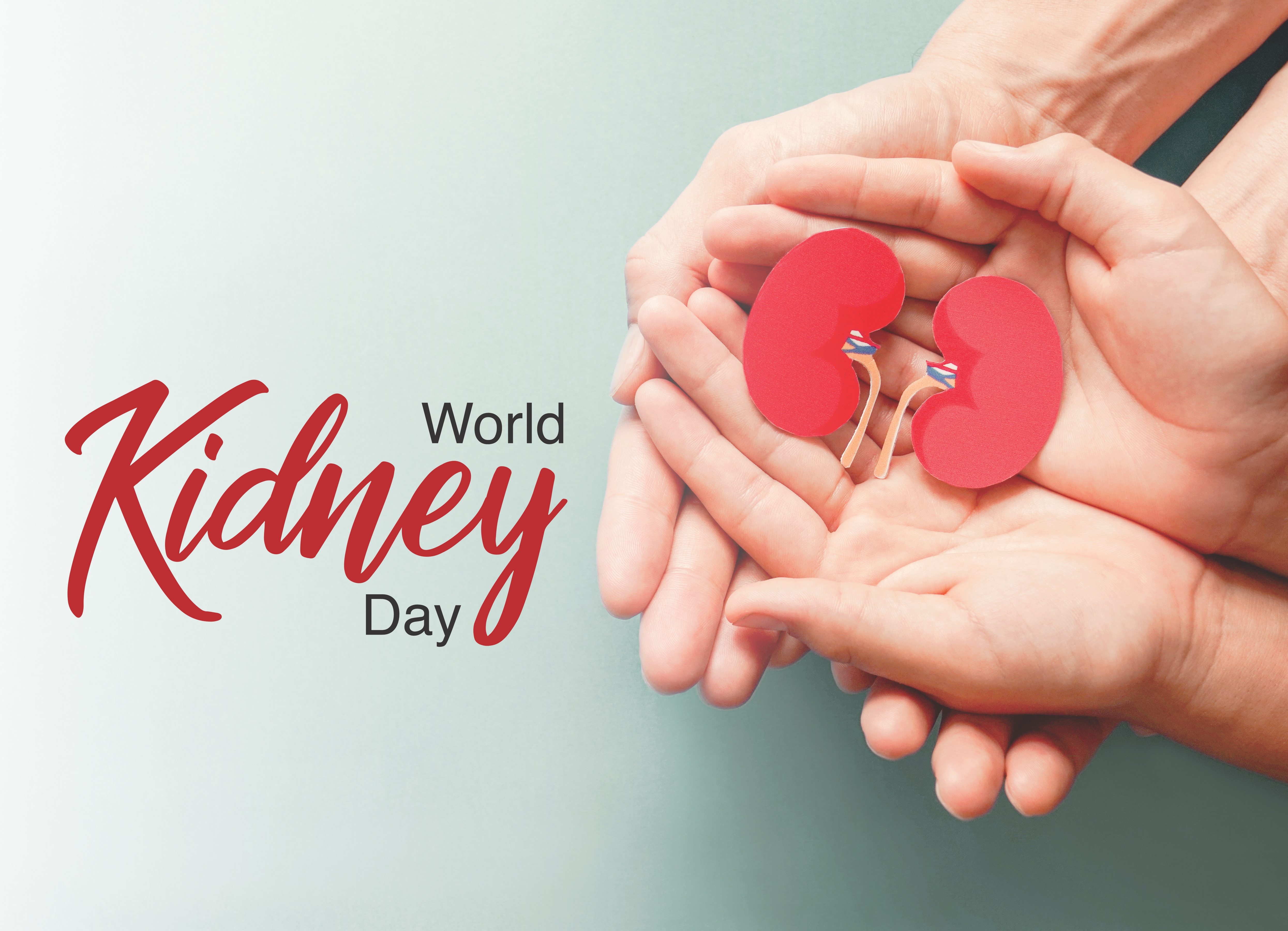Categories
- Bariatric Surgery (11)
- Black Fungus (5)
- Bone Marrow transplant (3)
- Brain Tumor Surgery Navigation Technology (20)
- Cardiac Surgery (66)
- Cardiology (97)
- Computer navigation technology for joint replacements (20)
- Covid Vaccination (17)
- Critical Care (2)
- Dental (19)
- Dermatology (31)
- Dialysis Support Group - “UTSAAH” (11)
- Dietitian (33)
- Emergency Medicine (4)
- Emotional Health (11)
- Endocrinology (33)
- ENT (20)
- Gastroenterology and GI Surgery (53)
- General and Laparoscopic Surgery (21)
- General Surgery (4)
- Gynecology & Obstetrics (183)
- Hematology (20)
- Internal Medicine (294)
- Kidney Transplant (50)
- Kidney Transplantation (20)
- Lung Cancer (8)
- Minimal Invasive Surgery (1)
- Mother & Child (20)
- mucormycosis (5)
- Nephrology (61)
- Neurology (147)
- Neurosurgery (68)
- Nutrition and Dietetics (107)
- Omicron Variant (1)
- Oncology (288)
- Ophthalmology (10)
- Orthopaedics & Joint Replacement (86)
- Paediatrics (59)
- Pediatric Nephrology (3)
- Physiotherapy (5)
- Plastic & Reconstructive Surgery (6)
- Psychiatry and Psychology (90)
- Psychologist (28)
- Pulmonology (72)
- Rheumatology (13)
- Spine Services (21)
- Transradial Angioplasty (16)
- Urology (84)
Query Form
Posted on Apr 19, 2022
Immunization In New Born- World Immunization Day
New born babies needs to be protected against some fatal diseases. The process by which this is achieved is immunization (vaccination). The vaccine preventable diseases include Tuberculosis, Polio, Diphtheria, Pertussis, Tetanus, Haemophilus Influenza Type B(Hib), Hepatitis B, Hepatitis A, Measles, Mumps, Rubella, Chicken Pox, Rotavirus, Influenza(Flu), Pneumococcal Disease, Typhoid, Meningococcal Disease, Rabies, Japanese Encephalitis, Yellow Fever, Human Pappiloma Virus(HPV). Some of these diseases have treatment and some like tetanus do not have specific therapy. Major disease like malaria and dengue do not have vaccines developed for protection.
How do Vaccines help?
The vaccine when injected works with the body’s fighting machinery to recognize the microorganism, stimulate the production of antibodies and develop a memory towards future encounters.The recommended immunization schedule is designed to protect infants and children when they are most vulnerable and before they are exposed to disease. The schedule is country specific depending upon the prevalence of various diseases in that region.
Immunisation
When should we start Vaccinating our Children?
The process of vaccination starts soon after birth when BCG, Polio And Hepatitis B Vaccine is given on Day 1 itself, if the baby is stable. Vaccines are to be given at a specific age and with a proper gap between subsequent doses to have the best results. Certain vaccines are mandatory before starting school. Some vaccines cannot be given because of medical or other reasons in a particular child. Most of the vaccines are given by injection except oral polio and rotavirus. Certain flu vaccine can also be given into the nose.
Do Vaccines have Side Effects?
Like all other medicines vaccines can have side effects or can cause reactions. Most reactions will be minor like mild fever or pain, swelling and redness at the injection site. Some reactions like encephalopathy or a severe allergic reaction are rare once in a million doses. The chances of catching the life threatening natural infection in unvaccinated child is high.
Your Pediatrician is your Child’s Guardian Angel:
Always inform the pediatrician whether the child has any underlying medical condition or allergies or any reaction to the vaccines in the past. If the child has moderate to severe cold or any illness the vaccination will be postponed. If the child has missed or delayed any vaccine then consult your pediatrician for rescheduling it. Combination vaccines reduces the number of shots and protects the child against more than one disease. Multiple doses of same vaccine is needed to build high enough immunity and to boost the fighting capacity.
It is important to take vaccine today not only for child’s sake but also for future generations.



